Engineering Design

Educators and Parents, Sign Up for The Cheat Sheet
Weekly updates to help you use Science News Explores in the learning environment
Thank you for signing up!
There was a problem signing you up.
-
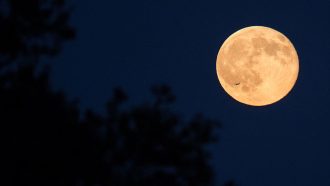 Planets
PlanetsScientists discover likely source of the moon’s faint yellow tail
These sodium atoms are part of the debris kicked up from the moon’s surface, mostly by micrometeorites, two new studies conclude.
By Sid Perkins -
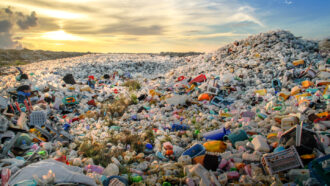 Chemistry
ChemistryNew recycling technologies could keep more plastic out of landfills
Recycling plastics is really hard — especially into useful materials. But new chemical tricks could make recycling easier.
-
 Brain
BrainPatterns in brain activity can identify who will struggle to read
Certain patterns of brain activity predict whether teens are strong readers or will struggle. Those diagnostic patterns show up even when doing math.
-
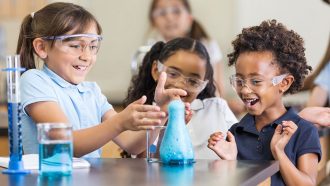 Chemistry
ChemistryLevel up your demonstration: Make it an experiment
What’s the difference between a demonstration and an experiment? Questions, measurements and many, many replications.
-
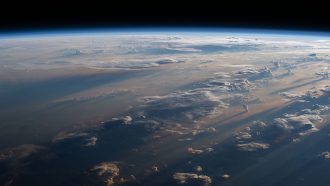 Physics
PhysicsLight levitation might help explore Earth’s ‘ignorosphere’
A toy called a light mill inspired researchers to invent a new way to fly. They’re using light to levitate small nanotube-coated discs.
-
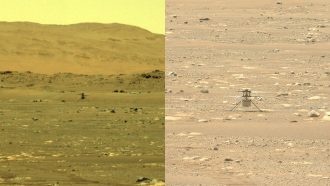 Space
SpaceIngenuity helicopter makes history by flying on Mars
The copter's 40-second-long flight in the Red Planet’s thin air is only the first in a planned series of daring flights.
-
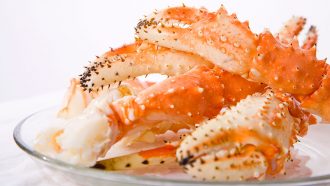 Materials Science
Materials ScienceBandages made from crab shells speed healing
The chitin in seafood wastes, insect “bones” and fungi is a chemist’s dream. Used in a new medical dressing, it beats regular gauze for wound healing.
-
 Physics
PhysicsGetting cozy with a science experiment
Items you use in your home can inspire a scientific experiment.
-
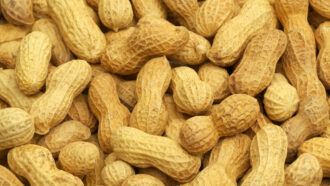 Health & Medicine
Health & MedicineCould a toothpaste help treat peanut allergy?
By rolling an immune therapy into a toothbrushing routine, one company hopes to show its product can build and maintain tolerance to peanut allergens.
-
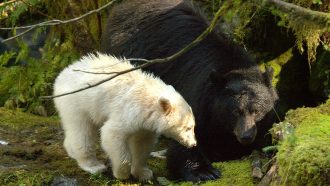 Animals
AnimalsScience and Indigenous history team up to help spirit bears
When scientists and Indigenous people work together, their efforts can benefit bears and people.
-
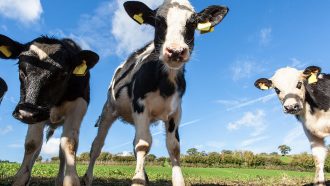 Animals
AnimalsAnalyze This: Cows burp less methane after early-life treatment
Calves that receive the 14-week treatment belch less of the greenhouse gas, possibly due to shifts in their gut microbes.
-
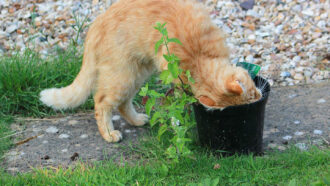 Plants
PlantsScientists may have finally found how catnip repels insects
The plant deters mosquitoes and fruit flies by triggering a chemical receptor that, in some animals, senses pain and itch.